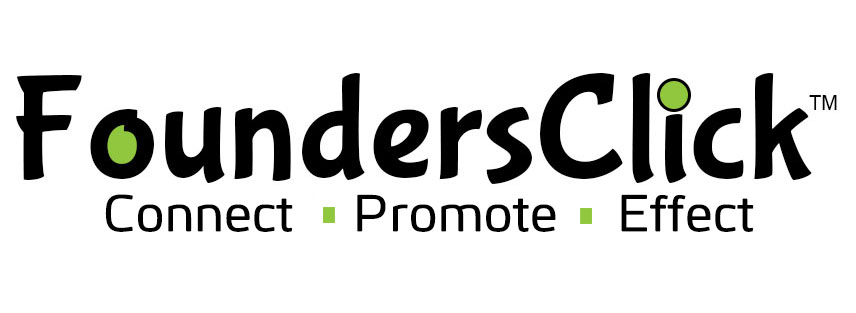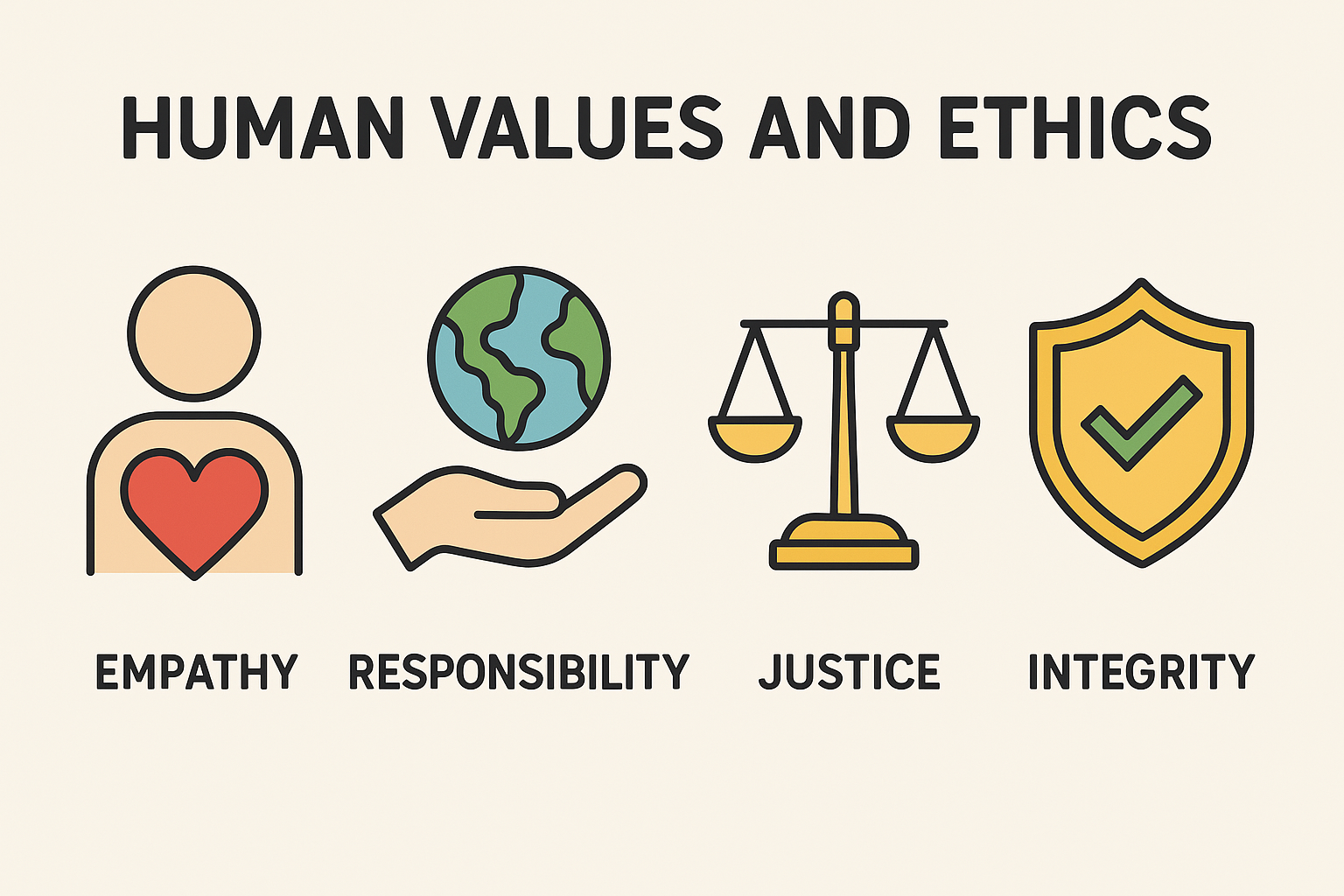Gen Z and young Millennials tend to value:
-
Authenticity over authority
-
Transparency over tradition
-
Inclusivity over uniformity
-
Purpose over profit
-
Sustainability over convenience
-
Collaboration over hierarchy
So, when talking about human values and ethics, you need to connect it to their world, not just deliver textbook definitions.
How to Communicate Values & Ethics Effectively
1. Lead with Real-World Relevance
-
Show how ethics impact real life—like climate change, AI usage, or workplace diversity.
-
Example: Instead of saying "Integrity is important", say "Imagine an AI algorithm making hiring decisions—how do we make sure it’s fair and unbiased?"
2. Storytelling > Preaching
-
Use stories, documentaries, case studies, personal experiences.
-
Highlight ethical dilemmas and how people navigated them.
-
Let them emotionally connect to the why.
3. Involve, Don’t Instruct
-
Ask open-ended questions:
“What would you do in this situation?”
“Is it ever okay to break the rules for a greater good?” -
Facilitate discussions, not lectures.
4. Use Media They Engage With
-
Podcasts, short-form videos, interactive content, even memes—modern formats catch attention and encourage reflection.
5. Showcase Ethical Role Models They Relate To
-
Not just historical figures—highlight social entrepreneurs, eco-activists, ethical hackers, or leaders making a difference now.
6. Practice What You Preach
-
Whether you're a teacher, manager, or peer—walk the talk. Gen Z can spot hypocrisy instantly.
🧭 Core Human Values to Emphasize Today
-
Empathy
-
Responsibility (individual + collective)
-
Justice & fairness
-
Respect for diversity
-
Truthfulness
-
Sustainability
-
Digital ethics (privacy, misinformation, AI bias)
🔄 Bonus Tip: Let Them Define Values Too
Ask:
“What does ‘respect’ mean to you?”
“Do you think ethics are universal or cultural?”
This gives them ownership of the conversation, and you’ll often get surprisingly deep responses.

 SkillClick
SkillClick
